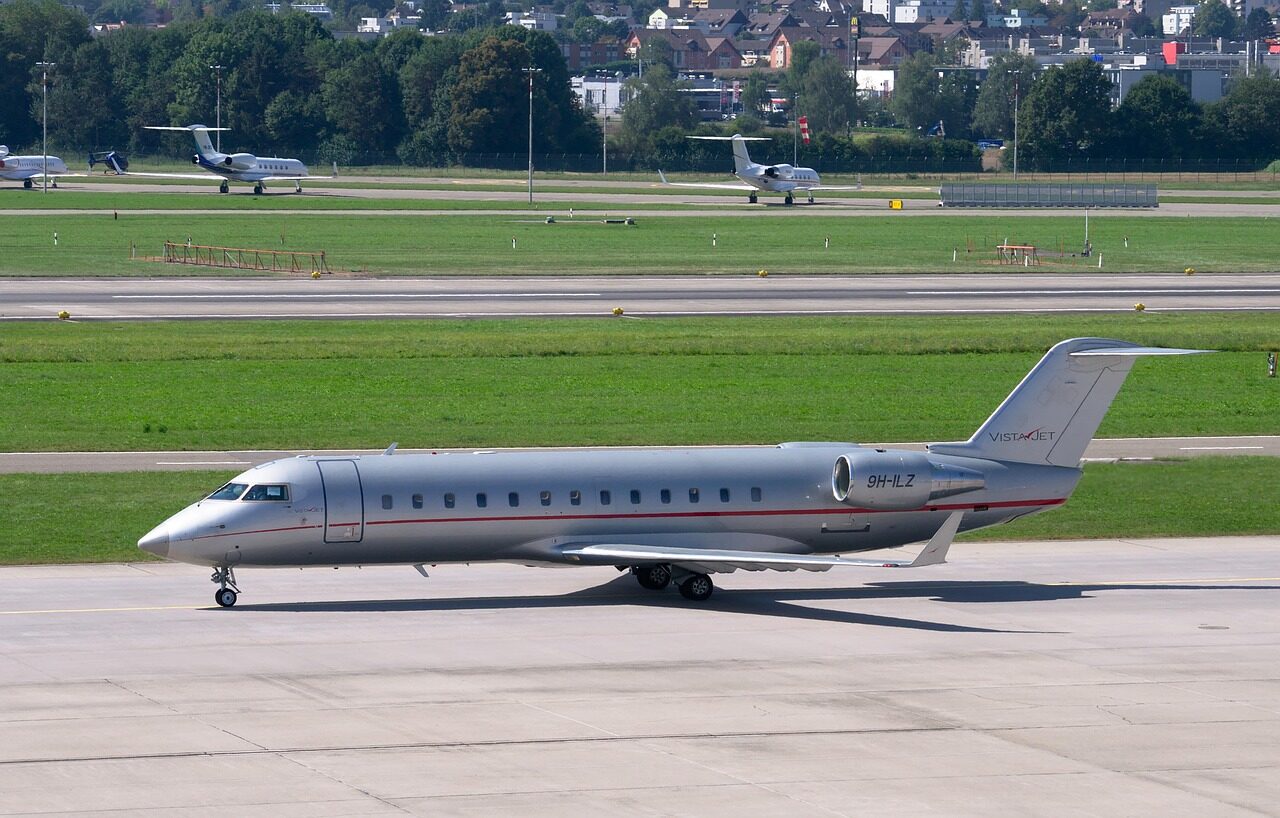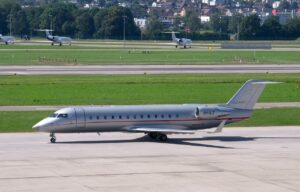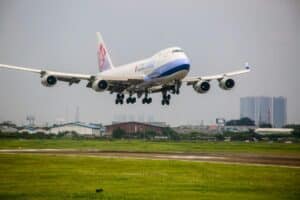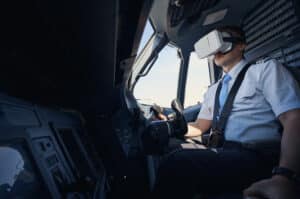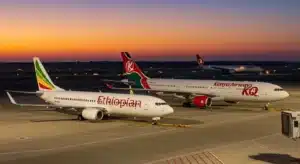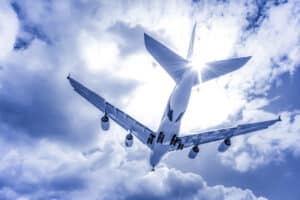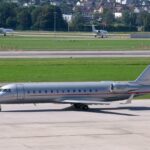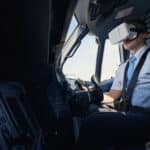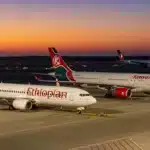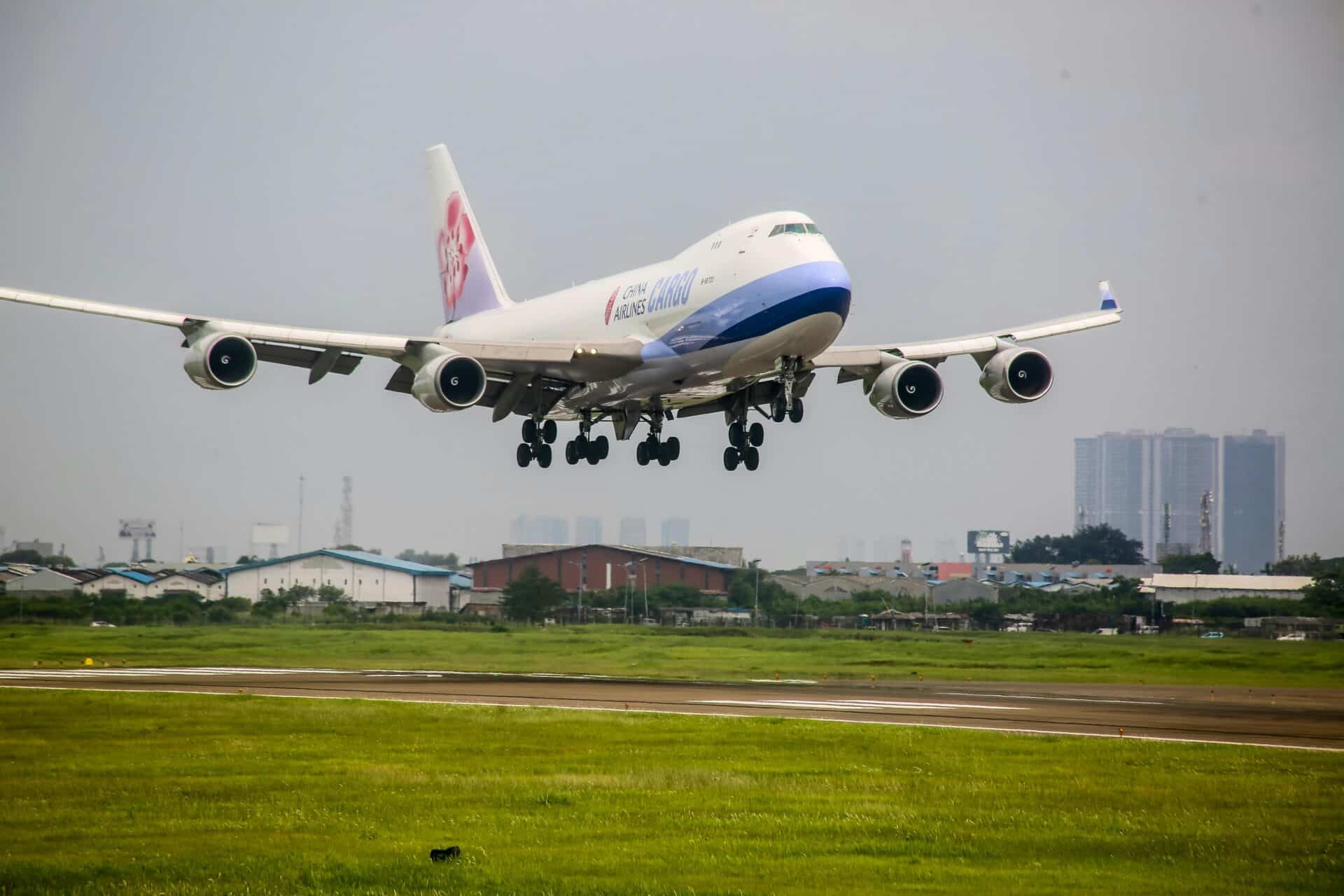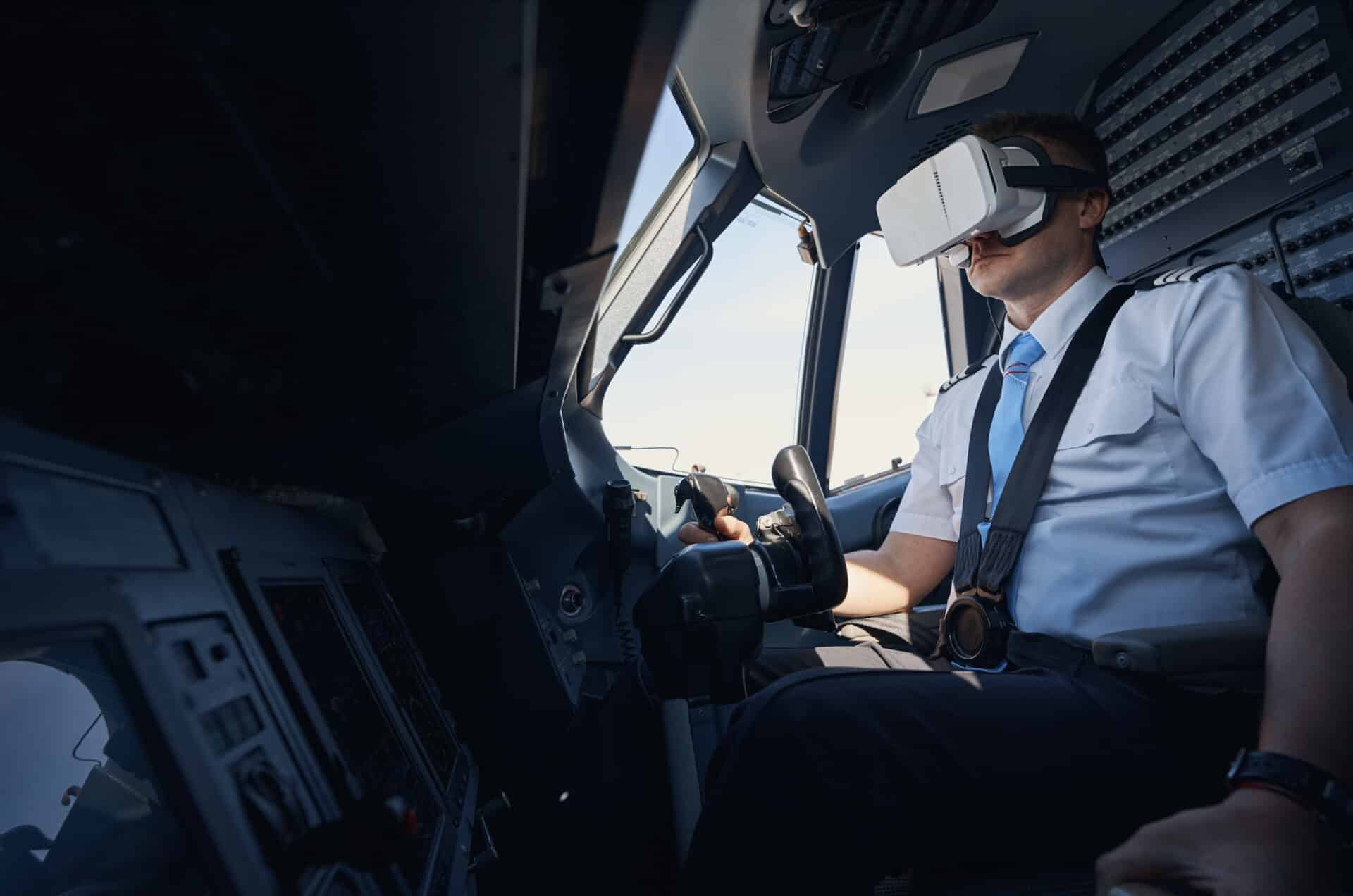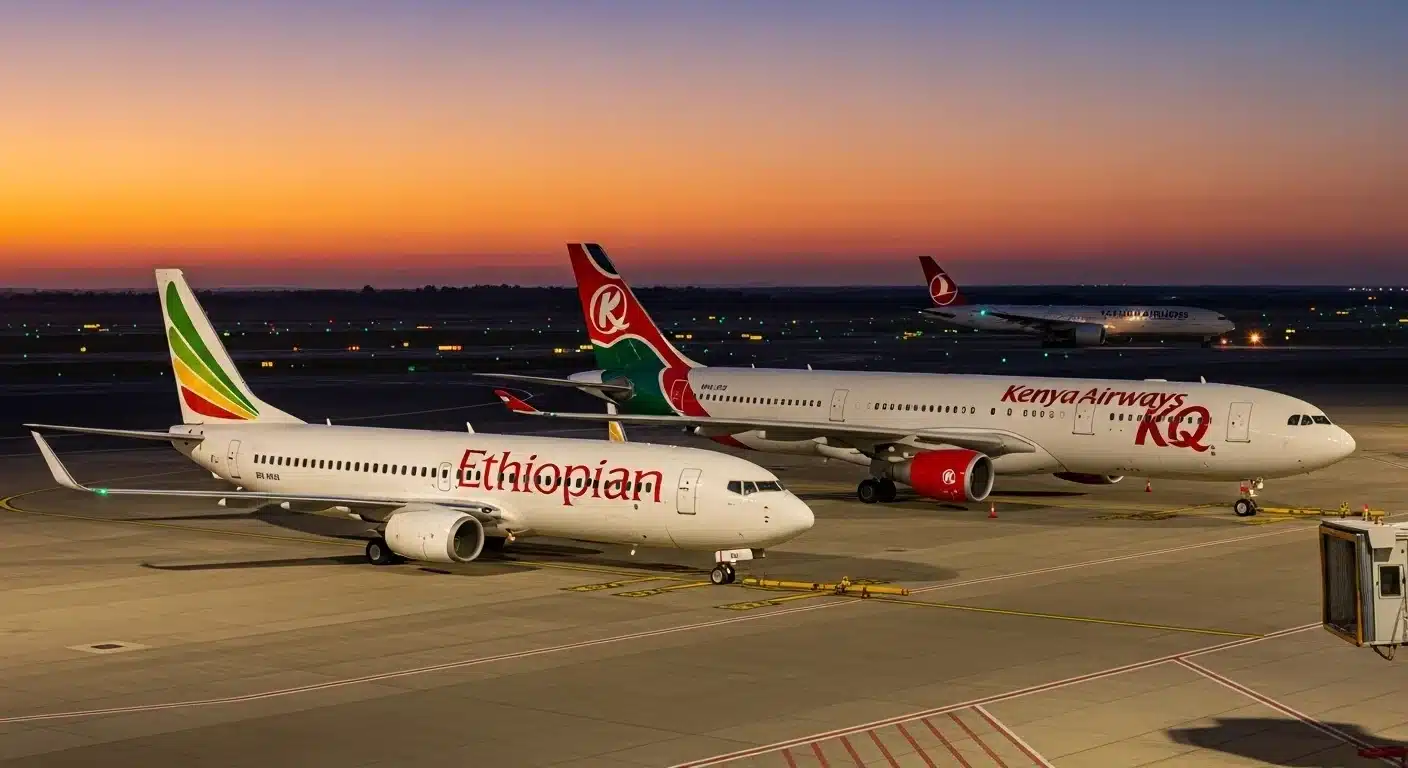Aircraft appraisal cost can range from absolutely free to over $8,000 depending on the type of evaluation you need.
Whether you’re buying a pre-owned aircraft, securing financing, or updating insurance coverage, understanding appraisal pricing is critical to making informed decisions.
Here’s what catches many buyers and sellers off guard: the cheapest appraisal option isn’t always the most cost-effective. A $25 pricing digest might save money upfront but could cost you thousands in negotiating power or financing delays.
The aviation market has evolved significantly since 2008. Lenders now require certified appraisals that comply with the Uniform Standards of Professional Appraisal Practice (USPAP). Insurance underwriters demand accurate valuations. Buyers need bulletproof assessments before closing deals.
This guide breaks down everything you need to know about aircraft appraisal costs including pricing for each appraisal type, factors that affect fees, and how to choose the right appraiser for your situation. You’ll also learn when spending more on a physical appraisal could save you tens of thousands in the long run.
Let’s examine the real costs behind professional aircraft valuations and how to get the best value for your investment.
Understanding the Three Types of Aircraft Appraisals
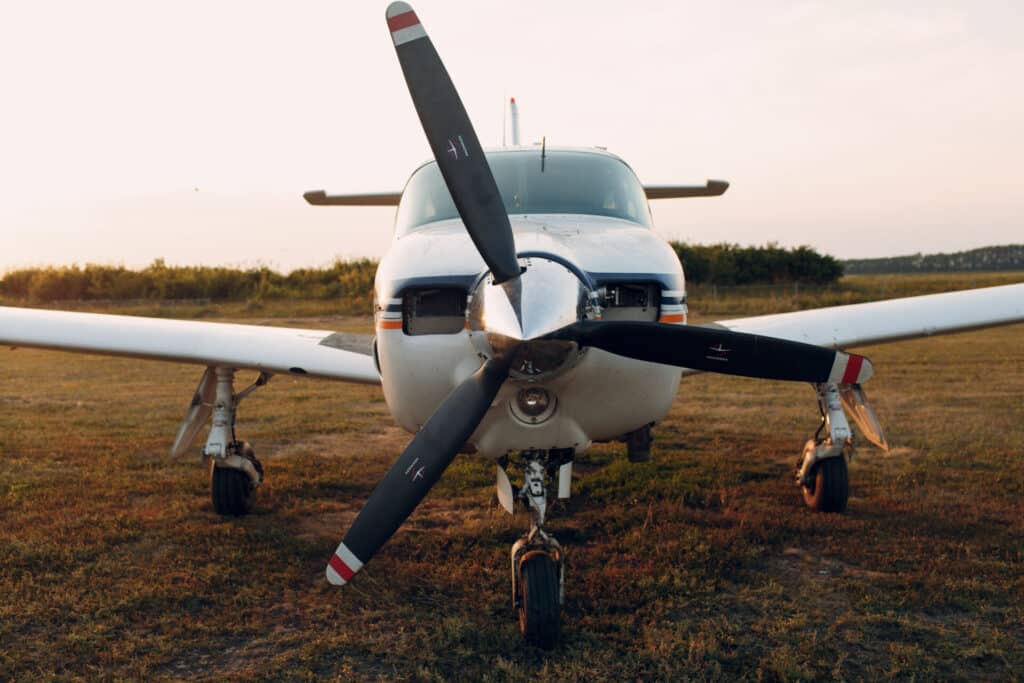
Aircraft appraisal cost varies dramatically based on which evaluation method you select.
There are three primary appraisal types in aviation. Each serves different purposes and comes with distinct price points.
Pricing Digest Valuation: The Budget Option
Cost: Free to $25
The pricing digest appraisal is the most basic and affordable option available.
This method relies on published data from sources like Aircraft Bluebook or VREF. These services compile average market values based on aircraft make, model, and year.
Here’s how it works: You input basic aircraft information into an online database. The system returns an estimated value based on comparable aircraft in their database.
The advantage? It’s quick, inexpensive, and adequate for about 60-70% of aircraft transactions.
The limitation? Pricing digests can’t account for aircraft-specific factors. Recent avionics upgrades, custom interior refurbishments, or damage history won’t be reflected in these generic valuations.
When to use pricing digest appraisals:
- Initial market research before listing your aircraft
- Rough estimates for insurance quotes
- Quick comparisons when browsing the pre-owned market
- Non-financed transactions between private parties
Many operators use pricing digests as a starting point. AOPA members can access basic VREF valuations at no cost.
The challenge with pricing digest valuations is accuracy. If your aircraft has notable modifications or specialized equipment, this method falls short.
Desktop Appraisal: The Middle Ground
Cost: $500 to $2,000
Desktop appraisals offer significantly more accuracy than pricing digests.
A certified aircraft appraiser conducts this evaluation remotely using documentation you provide. They analyze logbooks, maintenance records, and equipment lists. Then they compare your aircraft against current market conditions.
The desktop appraiser considers:
- Recent comparable sales in your aircraft category
- Current supply and demand trends
- Time since major overhauls
- Avionics upgrade values
- Upcoming maintenance requirements
- Paint and interior condition ratings
Desktop appraisals typically take 5-7 business days to complete.
The appraiser starts with pricing digest data, then adjusts values based on your aircraft’s specific configuration. They factor in market trends that published guides can’t capture.
For example: If you own a Piper Malibu recently converted to JetPROP configuration, a desktop appraiser evaluates how this modification affects value. They’ll assess the conversion quality, remaining engine program time, and current market demand for modified aircraft.
When desktop appraisals make sense:
- Standard aircraft without major modifications
- Transactions requiring certified valuations
- Refinancing existing aircraft loans
- Insurance coverage adjustments
- Estate planning and tax purposes
The desktop appraisal cost is reasonable for most operators. You receive a professional, defendable valuation without the expense of an on-site inspection.
However, desktop appraisals have limitations. The appraiser relies entirely on information you provide. They can’t verify aircraft condition firsthand or inspect for undisclosed damage.
Physical Appraisal: The Gold Standard
Cost: $2,000 to $8,000+ (plus travel expenses)
Physical appraisals represent the most comprehensive and expensive evaluation option.
This hands-on assessment combines desktop analysis with an actual aircraft inspection. The appraiser travels to your aircraft location and conducts a thorough examination.
The physical inspection includes:
- Complete exterior walk-around inspection
- Interior condition assessment and documentation
- Engine and APU inspection (when accessible)
- Avionics equipment verification
- Logbook review at the aircraft
- Photographic documentation
- Paint quality rating (1-10 scale)
- Structural integrity verification
The process typically requires one full day on-site. The complete appraisal report takes approximately one week to deliver.
Physical appraisals are essential for:
- Unique or heavily modified aircraft
- High-value business jets and turboprops
- Aircraft with incomplete maintenance records
- Transactions exceeding $1 million
- Lender-required valuations for large loans
- Orphan aircraft models with limited market data
- Insurance claims involving aircraft damage
Many lenders require physical appraisals for business aircraft financing. Banks want verification that the collateral matches its stated value.
Here’s the reality: A $6,000 physical appraisal might seem expensive. But it could reveal $50,000 in upcoming maintenance that wasn’t disclosed. Or it might confirm that a seller’s asking price is $75,000 below actual market value.
Certified appraisers who conduct physical inspections typically hold:
- ASA (American Society of Appraisers) accreditation
- PAAO (Professional Aircraft Appraisal Organization) membership
- FAA Airframe & Powerplant (A&P) licenses
- USPAP compliance certification
The appraiser’s credentials directly impact the appraisal’s defensibility. Banks, insurance companies, and courts give more weight to appraisals from certified professionals.
Travel expenses add to the base fee. If your aircraft is located remotely or internationally, expect additional costs for transportation and lodging.
Key Factors That Affect Aircraft Appraisal Cost
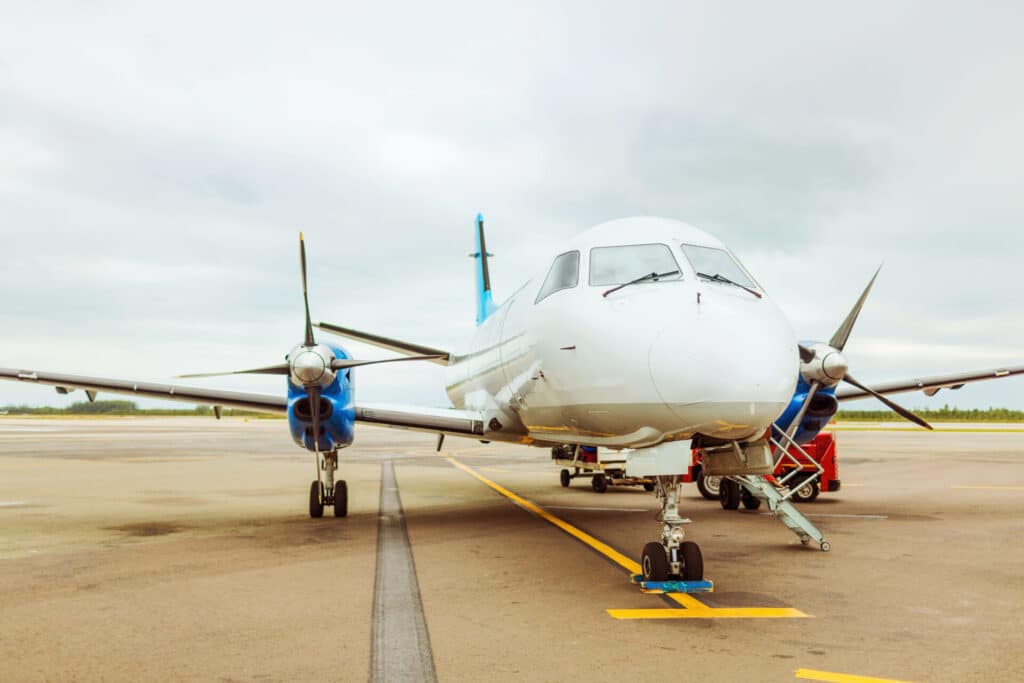
Several variables influence how much you’ll pay for professional aircraft appraisal services.
Understanding these factors helps you budget accurately and choose the right appraiser.
Aircraft Type and Complexity
Piston singles cost less to appraise than large-cabin business jets.
A Cessna 172 appraisal might run $650 for a physical inspection. A Gulfstream G650 could exceed $8,000 for the same service.
Why the difference? Larger aircraft have:
- More complex systems requiring specialized knowledge
- Extensive maintenance programs to review
- Higher-value avionics packages
- More detailed logbook histories
- Greater number of ADs and service bulletins
Turbine aircraft always cost more to appraise than piston aircraft. The appraiser needs expertise in engine programs, hot section inspections, and turbine-specific maintenance requirements.
Appraiser Qualifications and Experience
Certified appraisers command higher fees than uncertified evaluators.
ASA Accredited Senior Appraisers complete rigorous training and testing. They maintain continuing education requirements and carry professional liability insurance.
PAAO appraisers undergo criminal background checks and must demonstrate aviation industry experience. They’re trained in advanced analytical methods rather than relying solely on pricing guides.
You’re not just paying for an opinion. You’re paying for:
- Defensible valuations that stand up in court
- Lender-acceptable reports that expedite financing
- Professional liability protection
- USPAP-compliant methodology
- Expert testimony capability if needed
The importance of professional aircraft appraisal becomes clear when financing or legal issues arise. An uncertified “appraiser” charging rock-bottom prices won’t provide the credibility you need.
Geographic Location and Travel Requirements
Where your aircraft is based affects appraisal cost significantly.
Appraisers based near major aviation hubs charge less for travel. If your aircraft is at Teterboro or Van Nuys, you’ll find local appraisers readily available.
Remote locations require:
- Commercial airline tickets
- Rental cars or ground transportation
- Hotel accommodations
- Per diem expenses
- Additional travel time charges
International locations add complexity. Customs requirements, language barriers, and longer travel times increase costs. An appraisal in the Caribbean might cost 30-50% more than a similar stateside evaluation.
Some appraisers charge hourly rates for travel time. Others use flat travel fees. Always get travel costs outlined separately in your quote.
Urgency and Timeline
Rush appraisals cost more.
Standard turnaround time is 5-7 business days. Need it in 48 hours? Expect premium pricing.
Appraisers maintain busy schedules. Expedited service means they’re bumping other clients or working evenings and weekends.
Rush fees typically add 25-50% to the base appraisal cost. For time-sensitive transactions, this premium is often worthwhile.
Documentation Completeness
Incomplete records increase appraisal costs.
Missing logbooks require additional research time. The appraiser must contact previous owners, maintenance facilities, and avionics shops to reconstruct aircraft history.
Appraisers charge hourly rates for additional research. These fees range from $150 to $300 per hour depending on the appraiser’s credentials.
Complete documentation should include:
- Original airframe, engine, and propeller logbooks
- All supplemental type certificate (STC) paperwork
- Major modification invoices and work orders
- Recent inspection reports
- Avionics equipment lists and upgrade documentation
- Current aircraft registration and airworthiness certificate
Organized records save money. Appraisers work more efficiently when they’re not hunting for basic information.
Choosing the Right Appraisal Type for Your Situation
Aircraft appraisal cost should align with the transaction value and risk involved.
Here’s how to match the appraisal type to your specific needs.
When Pricing Digests Are Sufficient
Free to $25 pricing digests work for low-risk situations.
Use pricing digest valuations when:
- You’re browsing the market without immediate purchase plans
- The aircraft value is under $50,000
- You need rough insurance estimates
- No financing is involved
- Both parties agree to use published values
- You’re conducting initial estate planning research
Remember: Lenders rarely accept pricing digests for loan approval. Insurance underwriters may require certified appraisals for hull values exceeding certain thresholds.
Desktop Appraisals: The Sweet Spot
$500-$2,000 desktop appraisals handle most transactions effectively.
Desktop appraisals are ideal when:
- Aircraft value ranges from $50,000 to $500,000
- The aircraft is a standard production model
- Maintenance records are complete and organized
- You need lender-acceptable valuations
- Financing requires certified appraisals
- Insurance companies request professional valuations
- Estate settlements need defensible values
The desktop appraisal cost provides excellent value. You receive certified professional analysis without physical inspection expenses.
Most piston aircraft transactions use desktop appraisals. They balance cost with credibility effectively.
When Physical Appraisals Are Essential
$2,000-$8,000+ physical appraisals are necessary for high-value aircraft.
Invest in physical appraisals when:
- Aircraft value exceeds $500,000
- You’re purchasing a business jet or turboprop
- The aircraft has significant modifications
- Logbooks are incomplete or show damage history
- Lenders specifically require physical inspections
- The aircraft is an orphan model with limited market data
- You’re settling insurance claims or legal disputes
- You suspect undisclosed damage or issues
The physical appraisal cost often pays for itself. Discovering $100,000 in deferred maintenance before purchase saves far more than the $6,000 appraisal fee.
Many operators view physical appraisals as insurance against costly mistakes. The inspection reveals issues that desktop appraisers can’t identify from paperwork alone.
How to Find Qualified Aircraft Appraisers
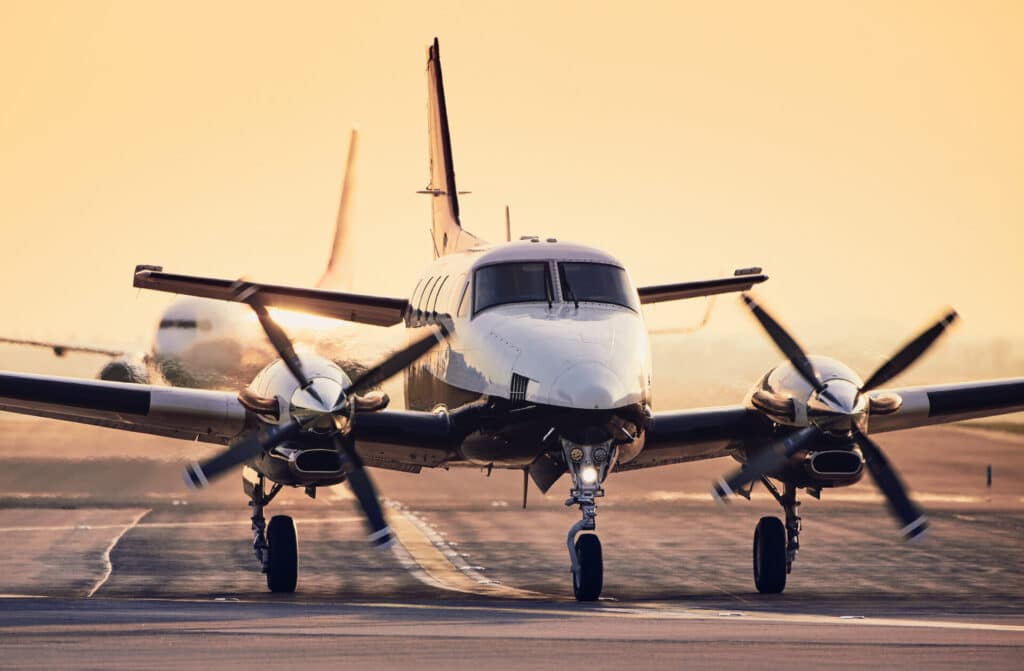
Not all aircraft appraisers deliver equal quality or credibility.
Finding the right professional requires research beyond price comparison.
Verify Professional Credentials
ASA and PAAO certifications indicate serious professional commitment.
The American Society of Appraisers (ASA) maintains rigorous standards. ASA-accredited appraisers complete:
- Four-year college degrees
- Minimum five years full-time appraisal experience
- Intensive written and oral examinations
- USPAP certification and continuing education
- Background checks and professional references
- Twenty hours annual continuing education
The Professional Aircraft Appraisal Organization (PAAO) focuses exclusively on aircraft. PAAO members undergo criminal background checks before membership approval.
This matters because anyone can claim to be an aircraft appraiser. No federal licensing requirements exist. Professional association membership demonstrates legitimate qualification.
Ask the Right Questions
Interview potential appraisers before hiring them.
Critical questions include:
- What specific experience do you have with my aircraft type?
- Are you ASA-accredited or PAAO-certified?
- Do you conduct physical inspections or only desktop reviews?
- How do you stay current on market conditions?
- Can you provide sample appraisal reports?
- What’s your typical turnaround time?
- Do you carry professional liability insurance?
Legitimate appraisers answer these questions confidently. They’ll explain their methodology and show you previous work samples.
Avoid appraisers who:
- Guarantee specific values before inspection
- Offer prices significantly below market rates
- Lack professional association membership
- Refuse to conduct field visits
- Can’t explain their valuation methodology
- Won’t provide references or credentials
Understand Fee Structures
Aircraft appraisal cost should be transparent and logical.
Most appraisers use these pricing models:
- Flat fees based on aircraft type and appraisal complexity
- Hourly rates for research-intensive projects
- Travel expenses billed separately at cost
- Rush fees for expedited service
Red flags include:
- Fees based on percentage of aircraft value
- Appraisers who adjust values to “help” transactions close
- Pressure to accept predetermined valuations
- Unclear pricing with hidden charges
The appraiser should provide detailed fee quotes in writing before starting work.
Regional and National Directories
Several resources help locate certified appraisers.
The Flying Engineer aviation network connects you with verified aviation professionals including certified appraisers across 56+ countries.
Other directories include:
- PAAO Professional Appraiser Finder
- ASA online member directory
- NBAA buyer’s guide
- Aircraft broker referrals
Word-of-mouth recommendations from trusted aircraft owners often identify the best local appraisers.
The Real Cost of Skipping Professional Appraisals
Attempting to save on aircraft appraisal cost often backfires spectacularly.
Here’s what happens when operators cut corners on valuations.
Overpaying for Aircraft
Sellers know when buyers skip appraisals.
Without professional valuation, you’re negotiating blind. The seller’s asking price becomes your reference point instead of actual market value.
Real scenario: A buyer purchases a King Air 200 for $850,000 based on the seller’s representation and pricing digest data. A post-purchase appraisal reveals the fair market value was $715,000. The buyer overpaid by $135,000 to save a $2,500 appraisal fee.
Financing Complications
Lenders reject inadequate appraisals.
Post-2008 banking regulations require certified appraisals for aircraft loans. Submitting pricing digest “valuations” delays financing approval or results in outright denial.
Time costs money in aircraft transactions. Delayed closings mean:
- Losing purchase slots in popular aircraft models
- Watching interest rates increase
- Paying extended hangar rental fees
- Missing operational timelines
Starting with proper appraisals prevents these issues.
Insurance Coverage Gaps
Underinsuring aircraft creates financial disaster.
If your $1.2 million aircraft is insured for $900,000 based on outdated values, you’re self-insuring the $300,000 gap. Total loss scenarios leave you significantly underfunded.
Conversely, overinsuring based on inflated values means paying excessive premiums. Professional aircraft appraisal ensures appropriate coverage levels.
Resale Value Surprises
Discovering deferred maintenance too late costs significantly more.
Desktop or pricing digest appraisals miss physical condition issues. When you later attempt to sell, buyers’ pre-purchase inspections reveal:
- Corrosion requiring extensive repair
- Avionics obsolescence reducing value
- Incomplete AD compliance
- Undocumented damage history
You either accept reduced offers or spend heavily on repairs. Either way, the cost exceeds what a physical appraisal would have revealed initially.
Regional Aircraft Appraisal Cost Variations
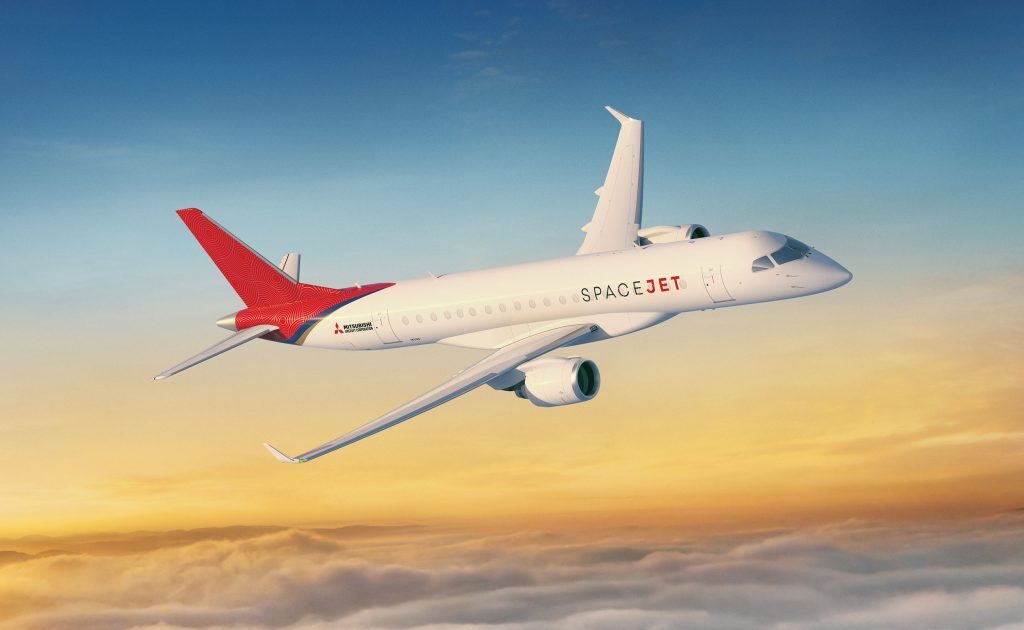
Geographic location significantly impacts appraisal pricing.
Understanding regional differences helps budget appropriately.
North American Markets
United States appraisal costs generally follow the ranges outlined above.
Major aviation hubs offer competitive pricing due to appraiser availability. Cities like Dallas, Phoenix, and Fort Lauderdale have numerous certified professionals.
Smaller markets or remote locations see higher travel-related costs. Montana or Wyoming aircraft may incur 30-40% additional travel expenses compared to California or Texas locations.
Canada presents unique considerations. Fewer certified appraisers cover the vast territory. Travel costs for remote locations can double standard fees. Currency exchange affects pricing for U.S.-based appraisers.
European Markets
European aircraft appraisal costs run 15-25% higher than U.S. rates.
Several factors contribute:
- Stricter professional certification requirements
- VAT and other tax considerations
- EASA regulatory complexity
- Cross-border travel logistics
Appraisers qualified in both FAA and EASA regulations command premium fees. Their dual expertise proves valuable for internationally-based aircraft.
Asian and Middle Eastern Markets
Emerging aviation markets show wider cost variability.
Limited certified appraiser availability in some regions creates:
- Higher fees due to reduced competition
- Significant travel costs from major markets
- Language and documentation challenges
- Extended timelines for complex evaluations
Some operators fly aircraft to major hubs for appraisal to avoid remote location premiums.
Hidden Costs in Aircraft Appraisals
The quoted aircraft appraisal cost isn’t always the final price.
Understanding potential additional charges prevents budget surprises.
Research and Documentation Fees
Incomplete records trigger extra charges.
Appraisers bill hourly for:
- Contacting previous owners for missing logbook information
- Researching unusual STCs or modifications
- Validating questionable maintenance claims
- Obtaining service bulletin compliance data
These fees range from $150-$300 per hour. Complex research projects can add $500-$2,000 to the final bill.
Multiple Revision Requests
Lenders or insurance companies sometimes request appraisal revisions.
If the initial valuation doesn’t meet requirements, revisions cost extra. Some appraisers include one revision in the base fee. Additional changes typically cost $200-$500 each.
Expert Testimony and Legal Support
If your appraisal becomes part of litigation, costs escalate.
Expert witness fees for appraisers range from $300-$500 per hour. Court appearances, depositions, and legal consultation add significantly to the original appraisal cost.
This rarely occurs but should be considered for high-stakes transactions or disputed valuations.
Maximizing Value from Your Aircraft Appraisal Investment
Smart preparation reduces aircraft appraisal cost while improving results.
These strategies deliver better outcomes for your investment.
Prepare Documentation Thoroughly
Organization saves money.
Before the appraiser begins work:
- Compile all logbooks in chronological order
- Create equipment lists with installation dates
- Document all modifications with supporting paperwork
- Provide recent inspection reports
- Include avionics upgrade invoices
- Organize maintenance tracking records
Appraisers work faster with organized information. Reduced research time means lower fees.
Choose Appraisal Timing Strategically
Scheduling flexibility reduces rush fees.
Plan appraisals early in the acquisition process. Last-minute rush requests cost 25-50% more.
If you’re selling, obtain appraisals during slow aviation periods. Appraisers have more availability and capacity during winter months in northern climates.
Bundle Multiple Services
Some appraisers offer package pricing.
If you need both an appraisal and pre-purchase inspection, negotiating combined services might reduce total cost.
Verify the appraiser maintains independence. They shouldn’t have financial interest in the transaction outcome.
Understand Market Timing
Bull and bear cycles affect valuation needs.
During strong seller’s markets, buyers need appraisals to avoid overpaying. In buyer’s markets, sellers benefit from professional valuations demonstrating their asking price is justified.
Understanding why aircraft buyers and lenders require appraisals helps time your investment appropriately.
Frequently Asked Questions
How much does a typical aircraft appraisal cost?
Aircraft appraisal costs range from free pricing digests to $8,000+ for comprehensive physical inspections. Desktop appraisals for most piston and small turbine aircraft run $500-$2,000. Large business jets typically cost $3,000-$8,000 for physical appraisals. Travel expenses and aircraft complexity affect final pricing.
What’s included in a certified aircraft appraisal?
Certified appraisals include detailed aircraft specifications, equipment inventories, logbook analysis, market comparisons, condition assessments, and professional valuation opinions. Physical appraisals add on-site inspections, photographic documentation, and structural evaluations. All certified appraisals comply with USPAP standards and provide defensible valuations for lenders and insurance companies.
How long does an aircraft appraisal take?
Standard aircraft appraisals take 5-7 business days from initial engagement to final report delivery. Physical inspections require one full day on-site plus analysis time. Rush appraisals can be completed in 48-72 hours for additional fees. Complex or modified aircraft may require 10-14 days for thorough evaluation.
Do I need a physical appraisal or is desktop sufficient?
Physical appraisals are recommended for aircraft valued over $500,000, business jets, heavily modified aircraft, or incomplete logbook situations. Desktop appraisals work well for standard production aircraft under $500,000 with complete documentation. Lender requirements often dictate appraisal type. Consult with your financing source before deciding.
Can I use a free Aircraft Bluebook valuation for financing?
Most lenders reject free pricing digests for loan approval. Post-2008 regulations require certified appraisals from qualified professionals following USPAP standards. Bluebook valuations work for initial research but don’t provide the credibility lenders demand. Budget for proper certified appraisals when financing aircraft purchases.
What credentials should my aircraft appraiser have?
Look for ASA (American Society of Appraisers) accreditation or PAAO (Professional Aircraft Appraisal Organization) membership. ASA Accredited Senior Appraisers complete extensive testing and maintain continuing education. PAAO members undergo background checks and specialize exclusively in aircraft. Verify USPAP certification and professional liability insurance coverage.
How often should I get my aircraft appraised?
Aircraft should be reappraised every 2-3 years for accurate insurance coverage. Refinancing, ownership changes, major modifications, or market shifts trigger appraisal needs. Annual valuations aren’t necessary unless lender covenants require them. Budget for appraisals during major aircraft lifecycle events rather than arbitrary schedules.
Does aircraft age affect appraisal cost?
Aircraft age doesn’t directly affect appraisal fees. However, older aircraft often have more complex maintenance histories requiring additional research time. Vintage aircraft with limited market data may cost more to evaluate. The appraisal type and aircraft class matter more than age for pricing purposes.
Conclusion
Aircraft appraisal costs represent a critical investment in informed decision-making.
Whether you’re spending $500 on a desktop appraisal or $6,000 on a comprehensive physical inspection, professional valuations protect you from costly mistakes.
The bottom line: Don’t let appraisal fees become the deciding factor in aircraft transactions. A $2,000 physical appraisal that reveals $50,000 in deferred maintenance delivers extraordinary return on investment. Conversely, saving $500 by skipping professional evaluation could cost tens of thousands in overpayment or financing complications.
Smart operators match appraisal type to transaction risk. Small piston aircraft under $100,000 often work fine with desktop appraisals. Business jets and high-value turboprops demand physical inspections from certified professionals.
As aviation markets continue evolving, lenders and insurance companies increasingly require certified valuations. Understanding aircraft appraisal costs positions you to budget appropriately and select qualified professionals.
The aviation industry connects buyers, sellers, lenders, and insurance providers through accurate aircraft valuations. Professional appraisals facilitate transactions, enable appropriate financing, and ensure proper insurance coverage.
When you’re ready to obtain professional aircraft appraisal services, work with certified appraisers who demonstrate aviation expertise, maintain professional credentials, and provide transparent pricing. Your investment in quality valuation pays dividends throughout aircraft ownership.
Looking to connect with certified aircraft appraisers or other aviation professionals? The Flying Engineer’s global aviation network provides access to qualified service providers across 56+ countries and 3,000+ verified companies.
Author
-
Cristina Danilet: Author
A meticulous selector of top-tier aviation services, Cristina acts as the critical filter between exceptional companies and industry professionals. Her keen eye ensures that only the most innovative and reliable services find a home on The Flying Engineer platform.
View all posts Marketing Manager

